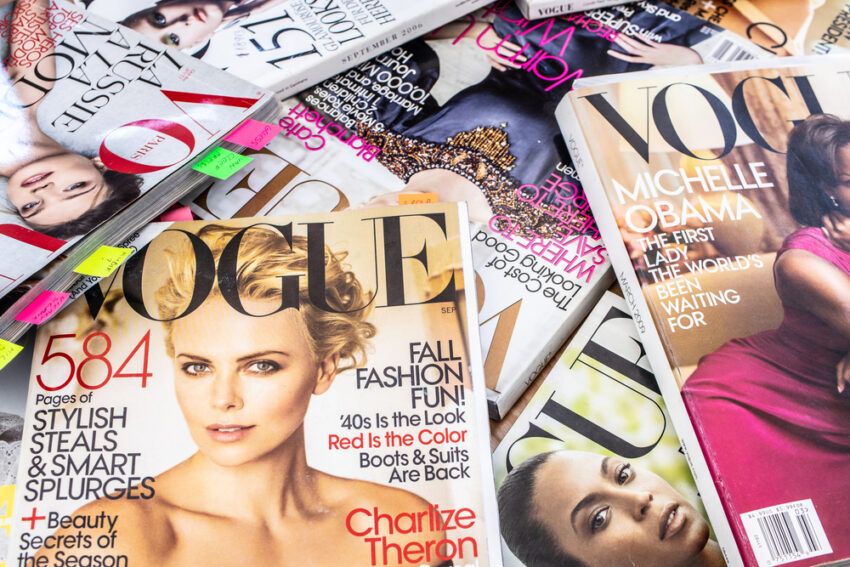OpenAI, the company behind the popular chatbot ChatGPT, has announced a major partnership with global magazine giant Condé Nast.
This multi-year agreement will see content from popular publications like Vogue, The New Yorker, and GQ featured within OpenAI’s platforms, including its newly launched AI-powered search engine, SearchGPT.
The deal is the latest in a series of collaborations between OpenAI and major media companies, reflecting the growing demand for high-quality content to train and augment AI models. While some media organizations, such as The New York Times and The Chicago Tribune, have resisted these developments and even taken legal action to protect their content, Condé Nast has opted for a more collaborative approach.
While financial details of the agreement were not disclosed, the partnership is expected to provide benefits to both parties. Brad Lightcap, OpenAI’s chief operating officer, emphasized the importance of maintaining accuracy, integrity, and respect for good journalism as AI becomes increasingly important in discovering and delivering news. “We are committed to working with Condé Nast and other news publishers to ensure that AI supports, rather than undermines, the values of good reporting,” Lightcap said.
For Condé Nast, the partnership offers a way to ease the financial pressures facing traditional media in the digital age. CEO Roger Lynch noted that the deal with OpenAI will help offset the revenue challenges brought on by the rise of social media and digital platforms. “Our partnership with OpenAI is beginning to offset some of that revenue, allowing us to continue to protect and invest in our journalism and creative endeavors,” Lynch said.
The collaboration comes on the heels of OpenAI’s launch of SearchGPT, an AI-powered search engine currently in prototype stage. OpenAI has been gathering feedback from its partners in the news industry to improve the platform, which is expected to play a major role in the future of online search.
Industry analysts are closely watching the rise of AI-powered search technology, seeing it as a transformative force in how we access information online. Google, the dominant search company, is rapidly integrating AI tools into its products to maintain its leadership position.
But the shift toward AI-generated search responses has raised concerns among news media companies, which rely heavily on search traffic for both audience and revenue. The BBC, for example, has taken steps to prevent AI companies from using its content without permission, while also exploring how generative AI could add value to its audiences.
As the digital media landscape continues to evolve, partnerships like the one between OpenAI and Condé Nast are likely to become increasingly common, presenting new opportunities and challenges for both the technology and media industries.
